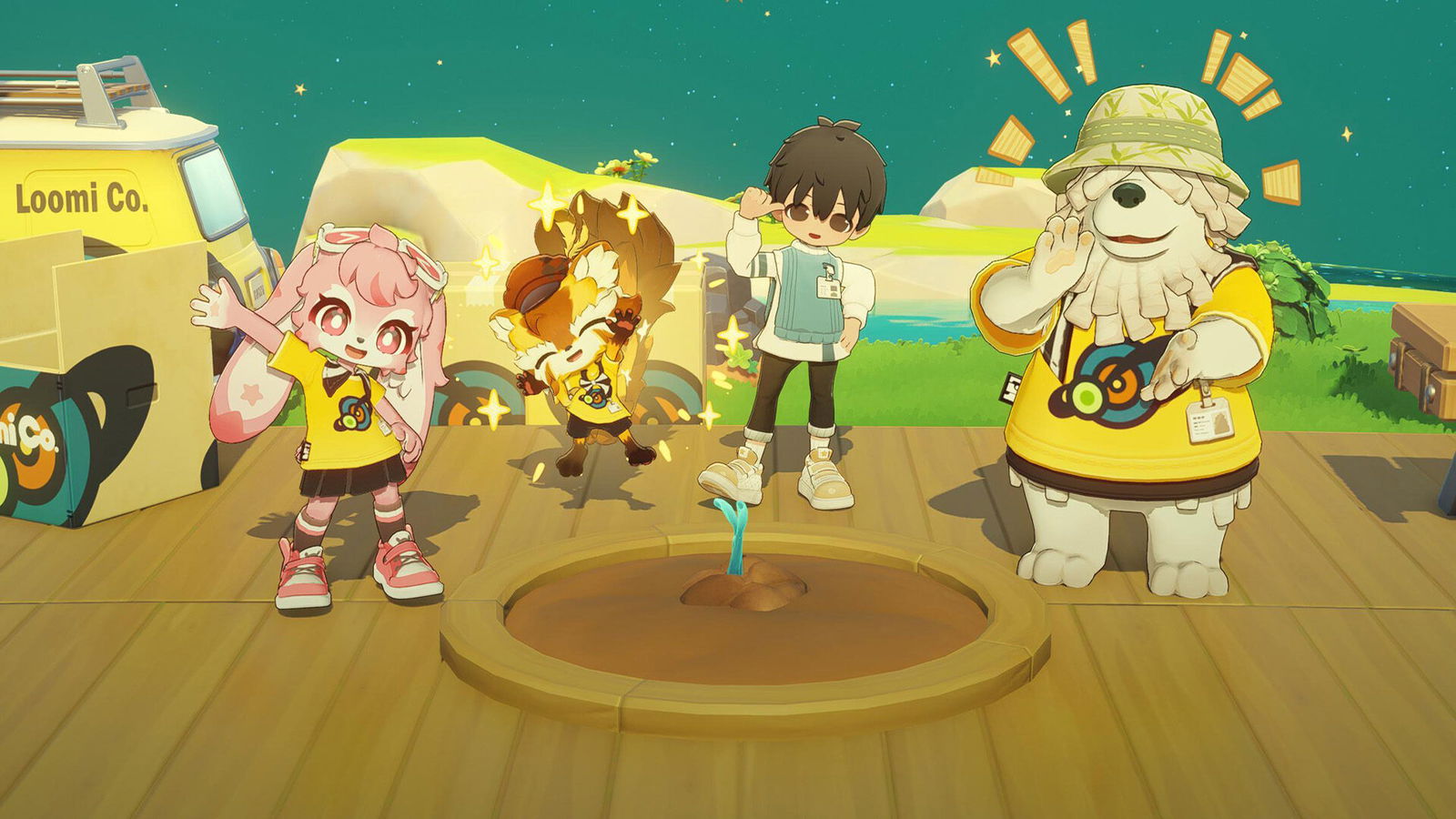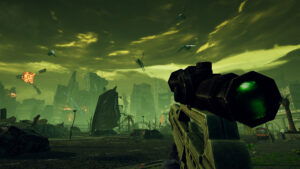I was always going to be a little skeptical of Petit Planet. In my review of Animal Crossing: New Horizons, I mentioned how much the series meant to me growing up, and I think that makes me particularly defensive of it, especially when imitators try to capitalize on the things they think reactionary YouTubers want from it.
Obviously, I’ve never fundamentally been against developers making their own Animal Crossing, but like with all forms of inspiration, there needs to be some elevation—Petit Planet took that sentiment a little too literally and blasted off into space. I’m joking, of course, because outside of its unique setting, the game actually does offer a pretty robust experience.
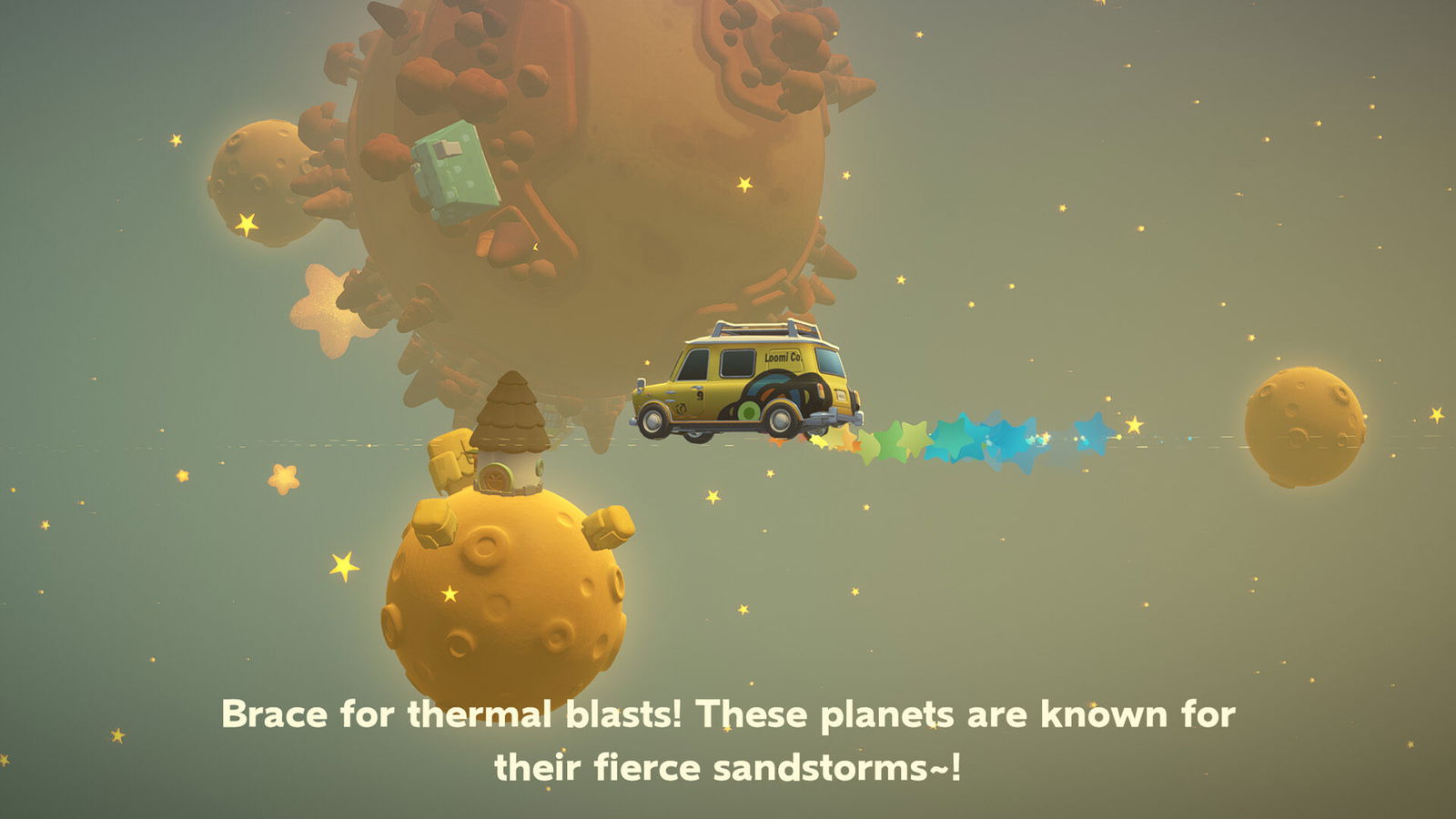
I’ve seen a lot of previews describing Petit Planet as “HoYoverse’s Animal Crossing,” and I really wanted to try to avoid such derivative comparisons, but it would be impossible to really separate the two because they share so much of the same DNA. However, Petit Planet does manage to find ways to create its own identity that make it pretty interesting.
“Petit Planet does manage to find ways to create its own identity that make it pretty interesting.”
I couldn’t help but chuckle a little bit since Petit Planet begins almost identically to Animal Crossing: New Horizons. You make your character, choose a place to live, you’re shown a brief video about how great island…I mean, planetoid life is, and you’re off to live amongst the stars. It even has you gathering fruits and miscellaneous items in order to craft a small celebratory dinner for your first night on the planet.
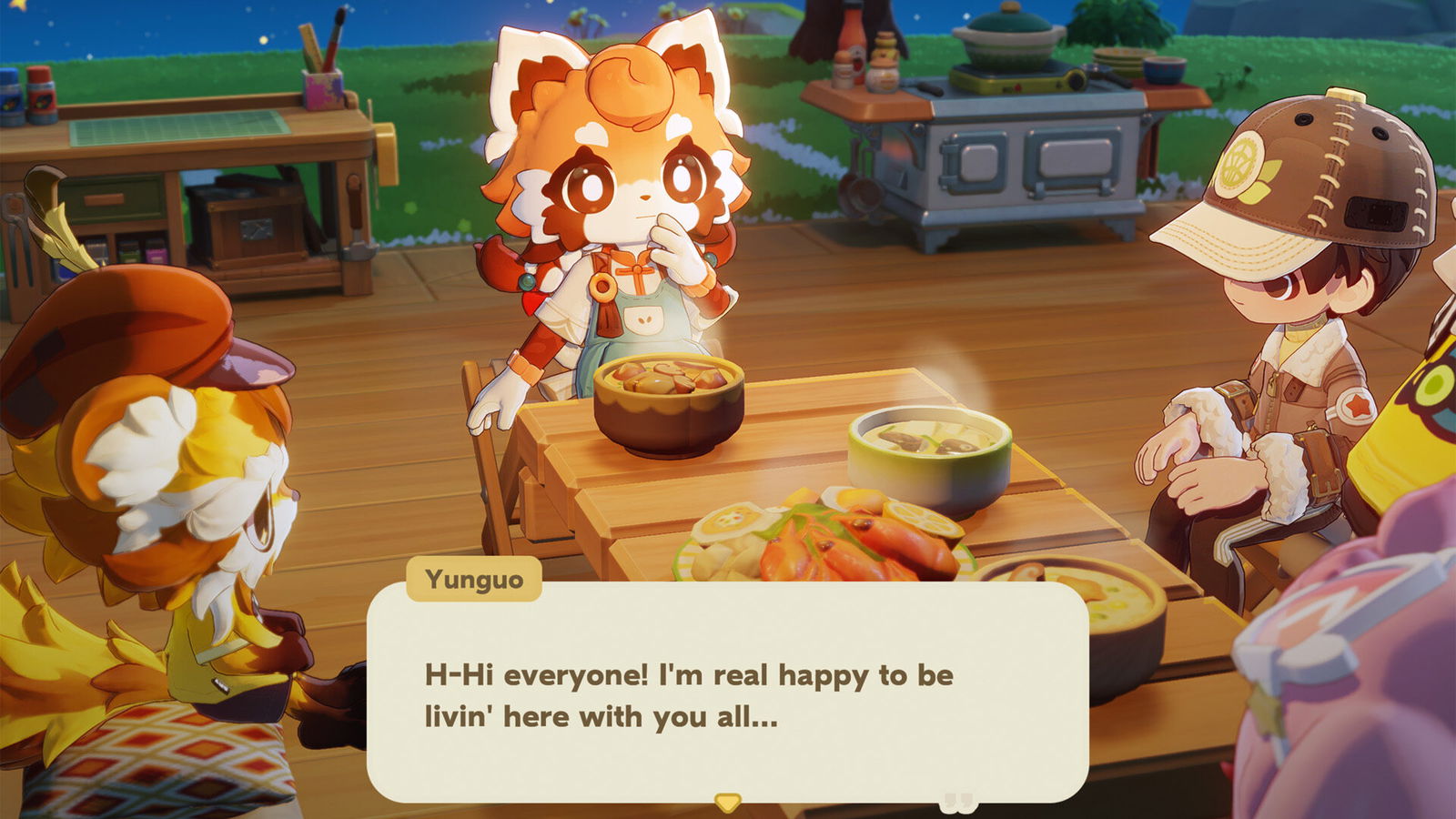
However, once you get past these similarities, Petit Planet begins to lean into its HoYoverse strengths. While one of Animal Crossing’s biggest strengths is its largely hands-off approach to gameplay, that same style can also lead to an issue of boredom due to a lack of direction. Something that I really appreciated about Animal Crossing: New Horizons was how its first few days gently guide you towards a goal, while giving you the freedom to do what you want.
Petit Planet operates on a similar principle, but expands it with more RPG-inspired elements. It begins with the game’s core mechanic: Luca and the Luca Tree. Luca is described as the essence of a planet, its life energy. As players nurture both their planet and their friendships, they’ll gain Jars of Luca to water the Luca Arbour that sits in the main hub of their planet.
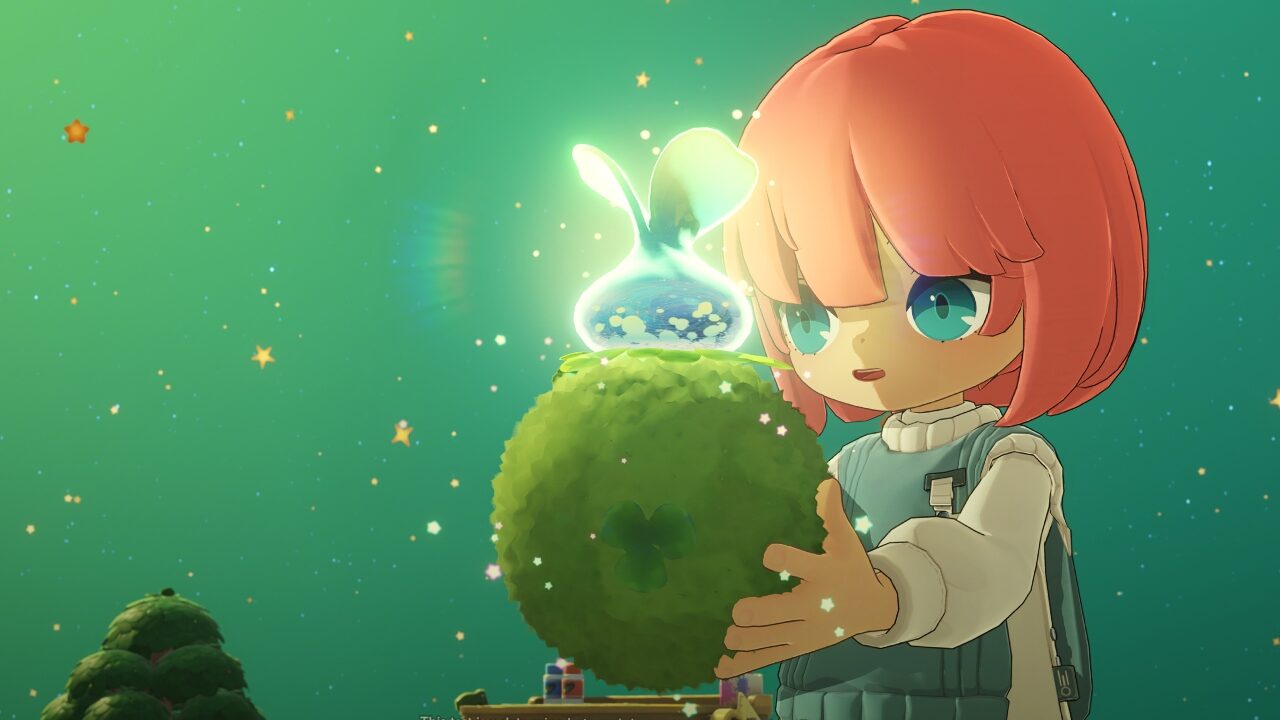
With every Jar of Luca poured into the Arbour, players’ planets will grow and change in small ways—either opening new areas of a planet or causing new flora/fauna to appear. Petit Planet also adopts Animal Crossing’s real-time clock mechanic—which is linked to the HoYoverse server clocks, sorry time-travellers—so while events unfold in the day-to-day, filling the Luca Jar requires completing small tasks for your neighbours in a kind of MMO quest-like fashion.
“And Petit Planet does have some interesting ideas that serve to separate it from its inspiration.”
It works in a kind of focused live-service way, which felt very much to me like HoYoverse playing into its strengths. Furthermore, every new character that comes to live on their planet is given a wide range of unlockables—very similar to Talent Trees in an RPG—based on how often players interact with them and grow their bonds. The more players grow these bonds, they can unlock various things to use in crafting or socializing online.
Similar to games like Genshin Impact or Honkai: Star Rail, there’s a lot of focus placed on the characters themselves, with each one having a very particular personality and backstory. Unlike Animal Crossing’s Villager types (i.e Jock, Lazy, Big Sister, etc.), characters in Petit Planet feel a lot more genuine and learning about who they are becomes part of the impetus to befriend them.
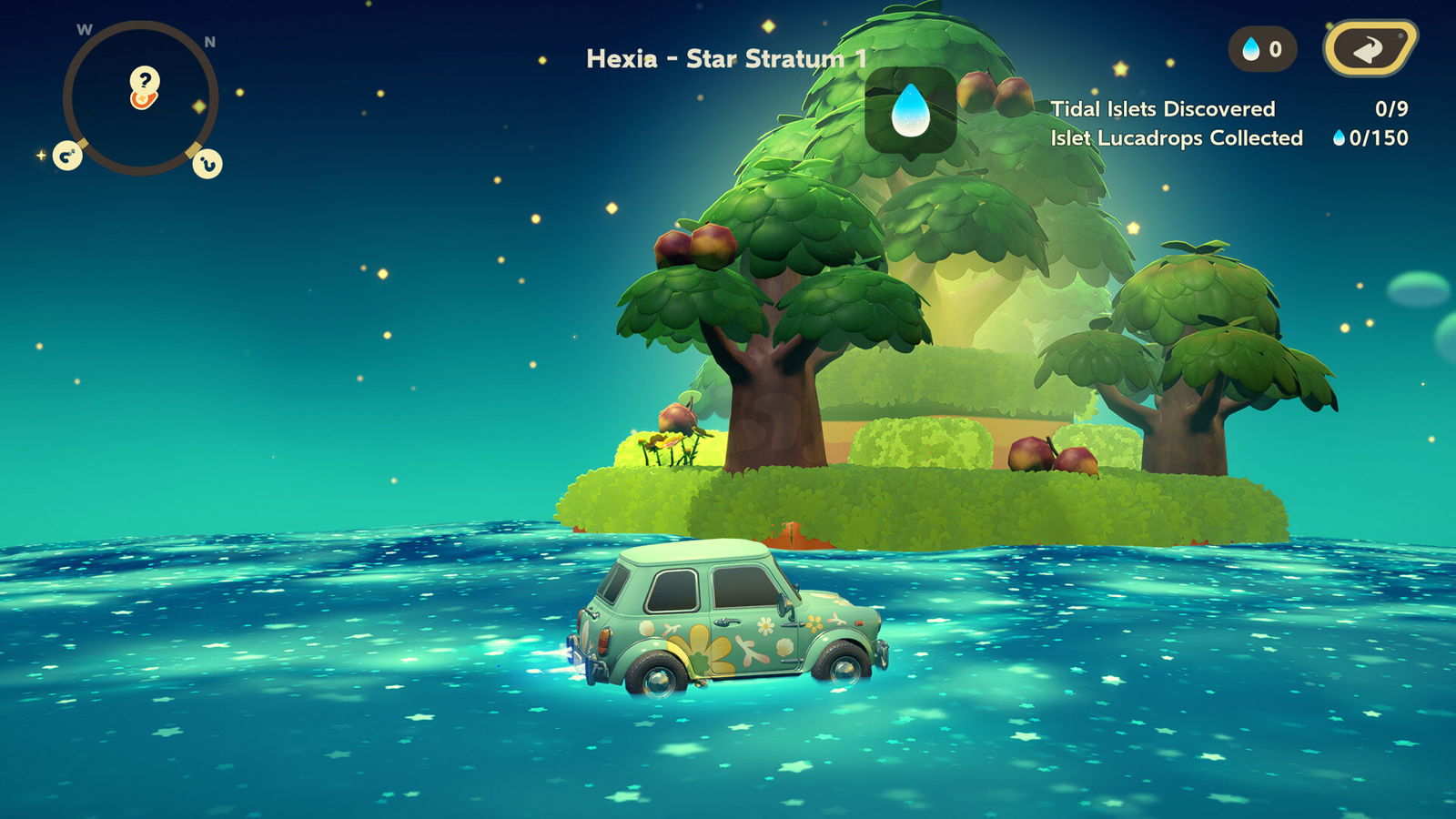
And Petit Planet does have some interesting ideas that serve to separate it from its inspiration. I like how using tools requires energy that can be replenished by cooking and eating food—providing a different kind of incentive towards the farming and crafting elements than Animal Crossing’s breakable tools. I like the game’s Starsea Voyages, which function like visiting Nook Miles islands, but with much more hands-on gameplay of actually exploring a cosmic ocean in your Space Car.
And because it is an always-online game, Petit Planet makes interacting with other players a lot more seamless and easy. If players take their Space Car to the Galactic Bazaar, they can interact with each other, chat at dedicated social areas, or add each other as friends and visit each other’s planets. It gives Petit Planet a much larger sense of scale, and really taps into that nostalgia for socializing in an MMO.
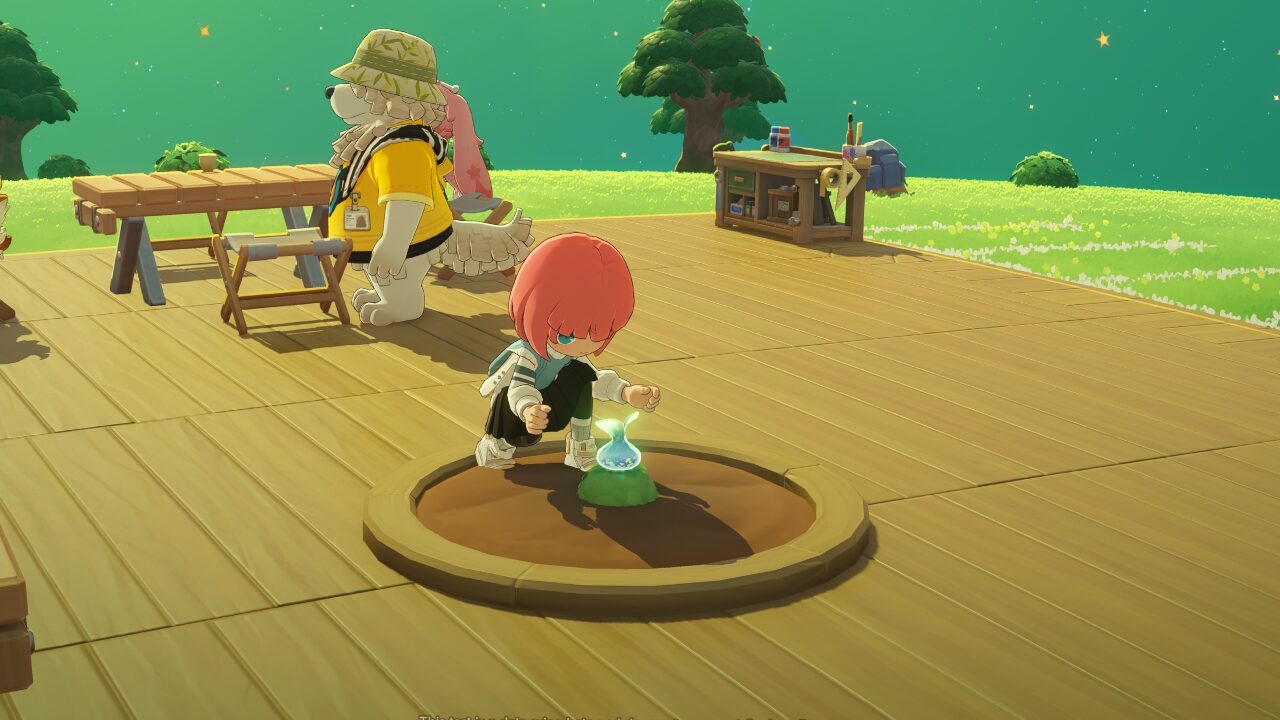
Despite how obviously it can wear its inspiration on its sleeve, there’s a lot to like about Petit Planet—even in this fairly early stage. With a little more polish and general stability improvements, I could see this being as absorbing and engaging as Animal Crossing: New Horizons. All Petit Planet would need is to make the jump from PC to consoles, and it could be the next BIG cozy game.
For players interested in trying Petit Planet for themselves, they can register for upcoming Coziness Tests at the official Petit Planet website.
